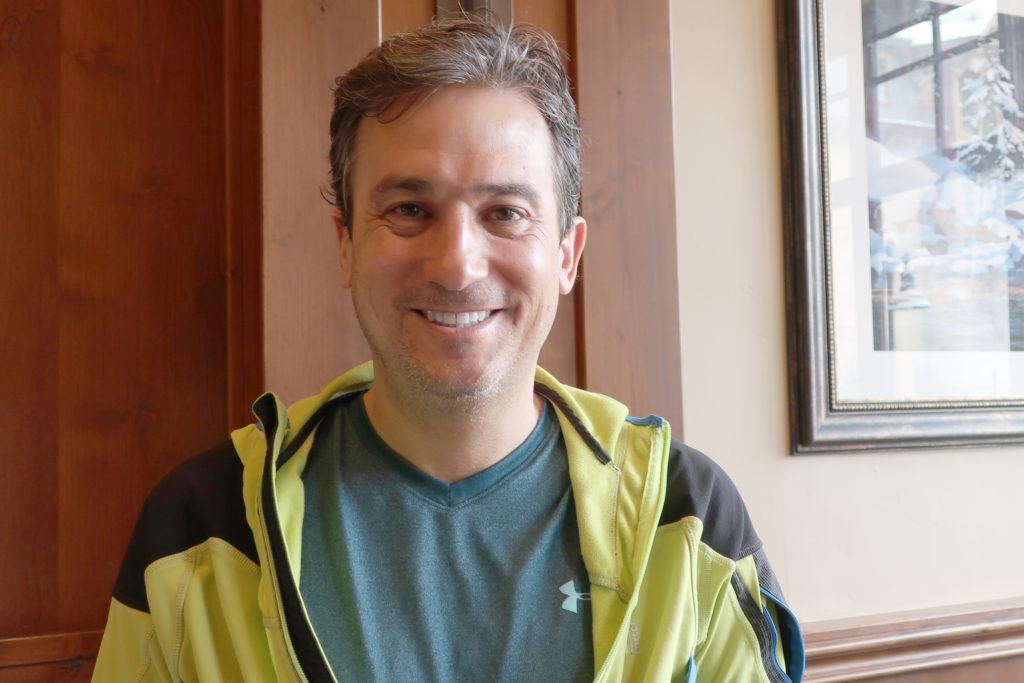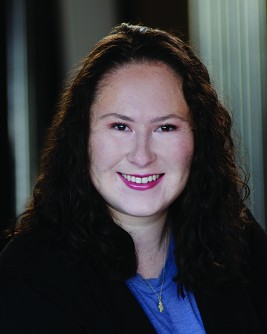
Health care costs in Summit County are among the highest in the country.
Glenn Brady and his three daughters know well the struggles that follow those high costs. Brady has boxes and boxes of medical bills stacked next to his desk that he still has to pay off. They are all from his late wife's cancer treatments.
"We didn't have time the last few months to worry about is this in-network or out of network," he said. "It was just, like, let's try this new thing to see if it can extend her life or push the cancer back."
"But, you know, it didn't work."
A couple of years ago, a group of Summit County residents had enough. So, they started a nonprofit working to lower costs: the Peak Health Alliance.
When Brady reached out to Peak Health Alliance in October, he was paying $1,800 a month for health insurance. One phone call later, his monthly premium was $800 lower.

"When I first heard about Peak Health Alliance I was kind of skeptical," he said. "I feel bad now because they delivered. Everything that they said was exactly, dead to rights, true."
Brady said that money now can go toward dentist appointments and dance and ski lessons for his 10, 12 and 14-year-olds.
"It just flies out the window as fast as it comes in," he said. "It goes toward filling up the refrigerator twice a week. I don't know how my daughters eat that much food, but somehow, it all gets emptied out."
Tamara Pogue founded Peak Health Alliance with funding from the Summit Foundation.
"We saw families making devastating decisions," Pogue said. "Families that just couldn't afford to take their kids to the doctor, and then you see those outcomes play out in school with kids not doing well. It was a crisis for our community, and we were fairly frustrated because we felt the state and the federal government had largely ignored our struggle."
She commissioned a study that found Summit County locals — some of whom were spending up to 40 percent of their budget on health care —weren't getting their care in Summit County. Prices were so high, it forced many people to drive down through the passes to Denver for medical care.
"The idea is bringing health care back locally. When folks can afford their health care locally, that is the very best outcome," Pogue said.
Peak Health is an insurance purchasing alliance. That means they bring all stakeholders — insurance companies, employers, hospitals, therapists, doctors and people —to the table to negotiate prices.
"We have conversations with the hospitals and the providers about what we can do to lower the cost," Pogue said.
Health care costs are particularly pronounced in Summit County because it's driven by a tourist economy that has to support extreme and often dangerous sports. There is also little competition between providers and insurance companies, Pogue said.
On top of all that, this part of the state also has the highest uninsured rate in Colorado. So, the first step of lowering costs is getting everyone insured.
Alexis Zito has worked up to five jobs in Breckenridge to make ends meet. She works two right now, but neither of them provides health insurance.
"I do snowboard and I do extreme activities," she said. "In the back of my head, I kept saying, 'If I fall, if I break something, I'm going to be in such serious debt. My life's going to be over.'"

Zito started a new plan negotiated by Peak Health Alliance in January.
The same idea is on the mind of lawmakers across the state. The governor's office is working on a state-supported public option.
Another state program called reinsurance uses state and federal dollars to help insurance companies pay expensive claims. Reinsurance is projected to lower premiums by 20 percent.
As local programs like the Peak Health Alliance pop up across Colorado, the puzzle of health care in the state gets more pieces.
"The community purchasing alliances are one piece of this sort of jigsaw puzzle that policymakers are trying to put together right now," said Allie Morgan with the Colorado Health Institute. "They are at a local level as opposed to a state level, so that complicates it a little bit, figuring out how this is going to combine or not with state-level policy changes. "
So far, it seems the purchasing alliance model combines well with the statewide reinsurance program. But it's unclear whether they would end up competing against a public option for the same small group of people in the market for individual insurance.
Right now, Peak Health Alliance only serves Summit County, but they are planning to expand to rural communities across the state.
"I think for rural health care, this is a strategy that can largely work to look at things like utilization of the hospitals," Pogue said. "Certainly, there are strategies for the hospitals, and then there are strategies for carrier competition, and there are strategies to look at the real underlying public health needs in these communities as well."
But the nonprofit has run into some problems. Centura Health is dropping out of their partnership in southwestern Colorado. The large hospital system runs medical centers like Mercy Regional in Durango. Centura says it will instead work directly with insurers to develop its own coverage options.
The decision is part of a bigger problem, according to Pogue: an industry resistant to change and innovation.









